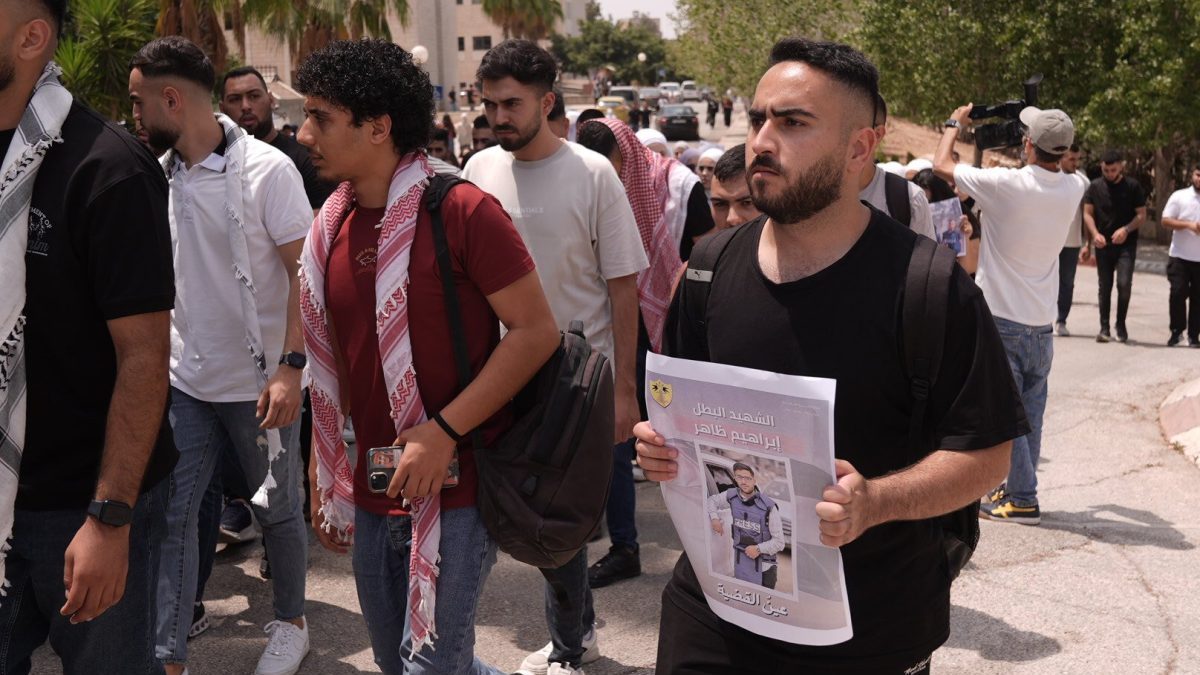Keir Starmer’s spokesman also hinted that there could be fresh sanctions or arms embargoes against Israel
Britain and France are working out plans for a UN peacekeeping force to provide security to Gaza once Israel withdraws their forces.
While Israeli Prime Minister Benjamin Netanyahu has vowed to ramp up Israel’s military assault on Gaza to take full control of the territory, Downing Street said that the UK was working with allies across Europe and the Middle East to put a “plan in place for what comes next”.
On Monday, French President Emmanuel Macron said that Gaza needed an international force to “stabilise” the territory.
He told French broadcast media: “No to an Israeli military operation. Yes to an international coalition under a UN mandate to fight terrorism, stabilise Gaza and support its populations, and establish a governance of peace and stability.”
The French President called on the UN Security Council to “work to establish this mission and give it a mandate”, adding that he had “asked my teams to work on it without delay with our partners”.
London and Paris want an international peacekeeping force to be deployed once Israel eventually withdraws their forces, though it is unclear whether either country would contribute troops to the coalition.
Macron’s words align with a communique which was co-signed by Britain and a range of other countries across Europe, the Middle East, and the rest of the world at a special UN conference last month organised by France and Saudi Arabia.
The document said that the nations “supported the deployment of a temporary international stabilisation mission” under “the aegis of the United Nations”, noting “the readiness expressed by some member states to contribute in troops”.
‘Plan for what comes next’
It added: “This mission, which could evolve depending on the needs, would provide protection to the Palestinian civilian population, support transfer of internal security responsibilities to the Palestinian Authority, provide capacity building support for the Palestinian State and its security forces, and security guarantees for Palestine and Israel, include monitoring of the ceasefire and of a future peace agreement, in full respect of their sovereignty.”
On Monday, the Prime Minister’s official spokesman said that while the UK was pushing for an “immediate ceasefire” to end the “terrible conflict” in Gaza, “there must be a plan in place for what comes next”.
“We’ve been working with our closest European allies to reach an agreement with critical issues that involve governance, security, humanitarian access, ceasefire monitoring and engagement with allies on the peace plan continues.”
He added that Keir Starmer had been “discussing the peace plan with leaders across Europe and in the region over the last two weeks” and would “continue to work with allies on this plan”.
Starmer hints at fresh sanctions
The Prime Minister’s spokesman also hinted that there could be fresh sanctions or arms embargoes against Israel.
Put to him that Israel was not listening to the international community’s condemnation of the plan to take over Gaza and asked what the UK could do next, he said: “You’ve seen the previous action that we’ve taken in this space, including sanctions and export license suspensions, and I wouldn’t get into speculation but we keep these measures under review.”
Since Labour came to power last year, the UK has already suspended 30 arms export licenses to Israel, which the Government said related to exports that could be used in military operations in Gaza. The Government has also hit two far-right Israeli ministers with UK asset freezes and travel bans.
Lord Ricketts, a former UK national security adviser, told the BBC’s Today programme that there were additional sanctions the Government could deploy, such as sanctioning Israel’s defence minister, Israel Katz, who has vocally argued in favour of expanding the Gaza operation. The UK could also hit Israel with trade sanctions such as banning goods coming in from Israeli settlements in the occupied West Bank, he said.
However, Lord Ricketts said such actions would not change Israel’s Gaza policy.
“I don’t think there’s anything that the British Government or European governments together can do that is going to change Netanyahu’s mind on his course over the next few weeks or months,” he said. “He’s making those decisions almost entirely for domestic political reasons.”
But further sanctions would “make a point of principle” and “mark out strongly Britain feels”, he added.
It comes as the killing of five Al Jazeera journalists in Gaza were killed after being targeting by the Israeli military.
The UK is “gravely concerned” by Israel’s “repeated targeting of journalists in Gaza”, the Prime Minister’s spokesman said.
Prominent Al Jazeera correspondent Anas al-Sharif, 28 and four of his colleagues were killed while sheltering outside al-Shifa hospital in Gaza City on Sunday night.
Israel’s military said it targeted and killed Al Sharif, alleging he had headed a Hamas militant cell and was involved in rocket attacks on Israel.
Al Jazeera, which is funded by the Qatari Government, rejected the assertion, and before his death, Al Sharif had also denied such claims by Israel.
The Foreign, Commonwealth and Development Office was contacted for comment.
